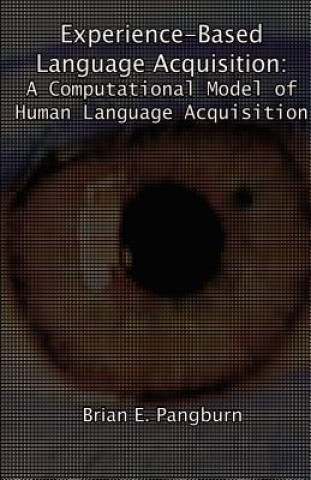
Kód: 08744001
Experience-Based Language Acquisition
Autor Pangburn E Brian
Almost from the very beginning of the digital age, people have sought better ways to communicate with computers. This research investigates how computers might be enabled to understand natural language in a more humanlike way. Bas ... celý popis
- Jazyk:
 Angličtina
Angličtina - Vazba: Brožovaná
- Počet stran: 144
Nakladatelství: Dissertation.Com. - Do Not Use, 2002
- Více informací o knize

Mohlo by se vám také líbit
-

Statement of the Claim of the Rhode-Island Brigade, Commanded by Cols. Crary, Topham, and Elliot. for the Depreciation of Their Pay During the Late Wa
382 Kč -
![Scarsdale; Or, Life on the Lancashire and Yorkshire Border, Thirty Years Ago. [By Sir J. P. K. Shuttleworth.] Scarsdale; Or, Life on the Lancashire and Yorkshire Border, Thirty Years Ago. [By Sir J. P. K. Shuttleworth.]](https://media.libris.to/jacket/08005125t.jpg)
Scarsdale; Or, Life on the Lancashire and Yorkshire Border, Thirty Years Ago. [By Sir J. P. K. Shuttleworth.]
831 Kč -

Jewish Theology for a Postmodern Age
1049 Kč -

Address at the Centennial Celebration in Hardwick, Mass. November 15, 1838
571 Kč -

As The Mood Prescribes
408 Kč -

Love of a Good Man
928 Kč -

Second Take
578 Kč
Informovat o naskladnění knihy
Zadejte do formuláře e-mailovou adresu a jakmile knihu naskladníme, zašleme vám o tom zprávu. Pohlídáme vše za vás.
Více informací o knize Experience-Based Language Acquisition
 Anotace knihy
Anotace knihy
Almost from the very beginning of the digital age, people have sought better ways to communicate with computers. This research investigates how computers might be enabled to understand natural language in a more humanlike way. Based, in part, on cognitive development in infants, we introduce an open computational framework for visual perception and grounded language acquisition called Experience-Based Language Acquisition (EBLA). EBLA can watch a series of short videos and acquire a simple language of nouns and verbs corresponding to the objects and object-object relations in those videos. Upon acquiring this protolanguage, EBLA can perform basic scene analysis to generate descriptions of novel videos. The general architecture of EBLA is comprised of three stages: vision processing, entity extraction, and lexical resolution. In the vision processing stage, EBLA processes the individual frames in short videos, using a variation of the mean shift analysis image segmentation algorithm to identify and store information about significant objects. In the entity extraction stage, EBLA abstracts information about the significant objects in each video and the relationships among those objects into internal representations called entities. Finally, in the lexical acquisition stage, EBLA extracts the individual lexemes (words) from simple descriptions of each video and attempts to generate entity-lexeme mappings using an inference technique called cross-situational learning. EBLA is not primed with a base lexicon, so it faces the task of bootstrapping its lexicon from scratch.
 Parametry knihy
Parametry knihy
Zařazení knihy Knihy v angličtině Computing & information technology Computer science
- Plný název: Experience-Based Language Acquisition
- Podnázev: A Computational Model of Human Language Acquisition
- Autor: Pangburn E Brian
- Jazyk:
 Angličtina
Angličtina - Vazba: Brožovaná
- Počet stran: 144
- EAN: 9781581121711
- ISBN: 9781581121711
- ID: 08744001
- Nakladatelství: Dissertation.Com. - Do Not Use
- Hmotnost: 191 g
- Rozměry: 216 × 140 × 9 mm
- Datum vydání: 14. December 2002
Oblíbené z jiného soudku
-

Dealers of Lightning
476 Kč -
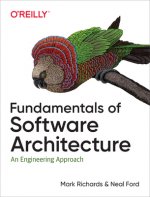
Fundamentals of Software Architecture
1520 Kč -
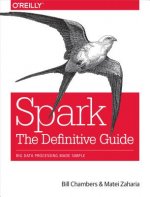
Spark - The Definitive Guide
1504 Kč -

Lego Animation Book
436 Kč -

Tony Northrup's DSLR Book
616 Kč -
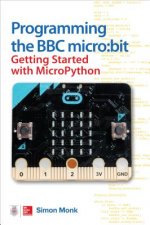
Programming the BBC micro:bit: Getting Started with MicroPython
455 Kč -
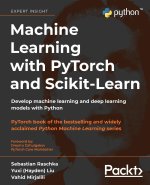
Machine Learning with PyTorch and Scikit-Learn
1346 Kč -
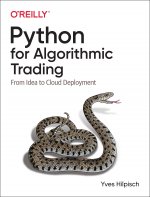
Python for Algorithmic Trading
1828 Kč -
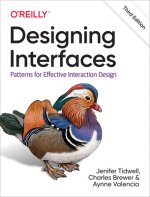
Designing Interfaces
1266 Kč -

Pattern Language for Game Design
2060 Kč -

Delivering Business Analysis
1441 Kč -
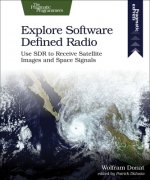
Explore Software Defined Radio
436 Kč -
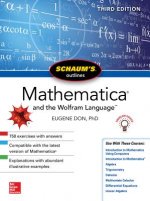
Schaum's Outline of Mathematica, Third Edition
681 Kč -
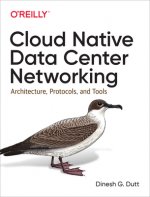
Cloud Native Data-Center Networking
1266 Kč -
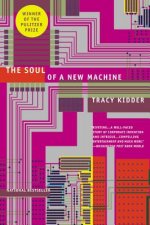
The Soul of A New Machine
469 Kč -
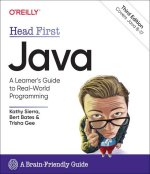
Head First Java: A Brain-Friendly Guide
1598 Kč -
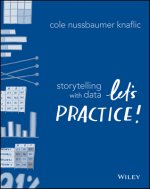
Storytelling with Data - Let`s Practice!
830 Kč -

Self-Taught Computer Scientist - The Beginner's Guide to Data Structures & Algorithms
656 Kč -

Designing for the Digital Age - How to Create Human-Centered Products and Services
1664 Kč -

Book of Why
476 Kč -
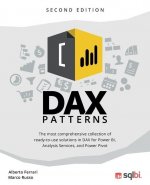
DAX Patterns
910 Kč -
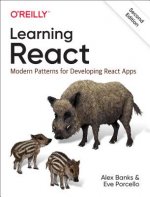
Learning React
1266 Kč -

Cambridge International AS and A Level Computer Science Coursebook
1586 Kč -
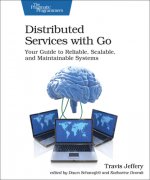
Distributed Services with Go
997 Kč -
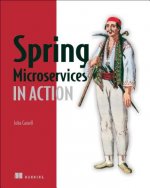
Spring Microservices in Action
1595 Kč -

Medieval Lego
411 Kč -
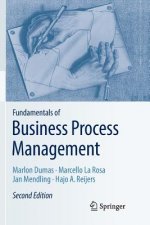
Fundamentals of Business Process Management
1522 Kč -

Data Engineering with Apache Spark, Delta Lake, and Lakehouse
1370 Kč -
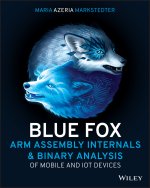
Blue Fox: Arm Assembly Internals and Binary Analys is of Mobile and IoT Devices
885 Kč -
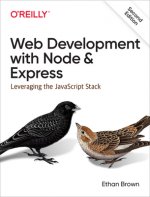
Web Development with Node and Express
1085 Kč -
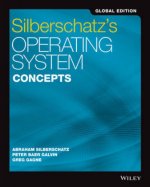
Silberschatz's Operating System Concepts
1572 Kč -
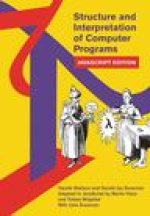
Structure and Interpretation of Computer Programs
2215 Kč -

Getting Started with Elastic Stack 8.0
1404 Kč -
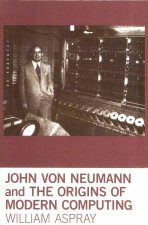
John von Neumann and the Origins of Modern Computing
1322 Kč -
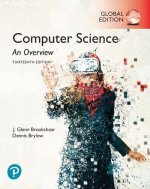
Computer Science: An Overview, Global Edition
2731 Kč -
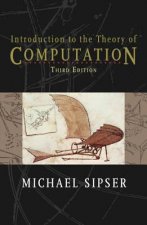
Introduction to the Theory of Computation
2752 Kč -

Power Query Cookbook
1370 Kč -
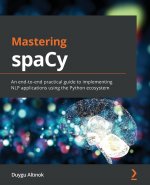
Mastering spaCy
1423 Kč -

Windows Internals, Part 2
1222 Kč -

Annotated Turing - A Guided Tour Through Alan Turing's Historic Paper on Computability and the Turing Machine
616 Kč -
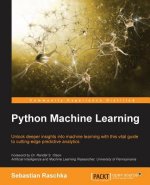
Python Machine Learning
1258 Kč -

Professional C# and .NET - 2021 Edition
1157 Kč -

Certified Enterprise Architect All-in-One Exam Guide
1482 Kč -
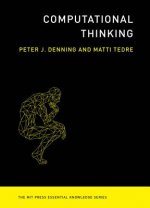
Computational Thinking
374 Kč -

Persuasive Technology
1739 Kč -
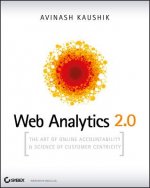
Web Analytics 2.0 - The Art of Online Accountability and Science of Customer Centricity
794 Kč -
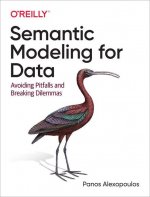
Semantic Modeling for Data
1701 Kč -
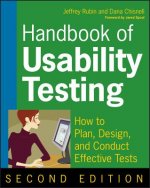
Handbook of Usability Testing - How to Plan, Design, and Conduct Effective Tests 2e
1217 Kč -
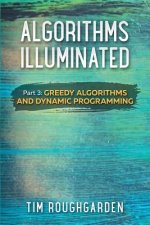
Algorithms Illuminated (Part 3)
420 Kč
Osobní odběr Praha, Brno a 12903 dalších
Copyright ©2008-24 nejlevnejsi-knihy.cz Všechna práva vyhrazenaSoukromíCookies



 Vrácení do měsíce
Vrácení do měsíce 571 999 099 (8-15.30h)
571 999 099 (8-15.30h)